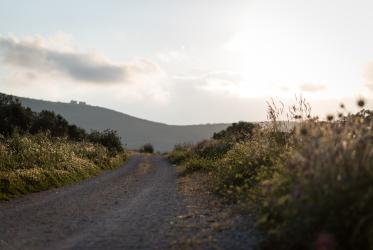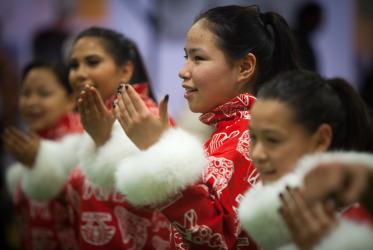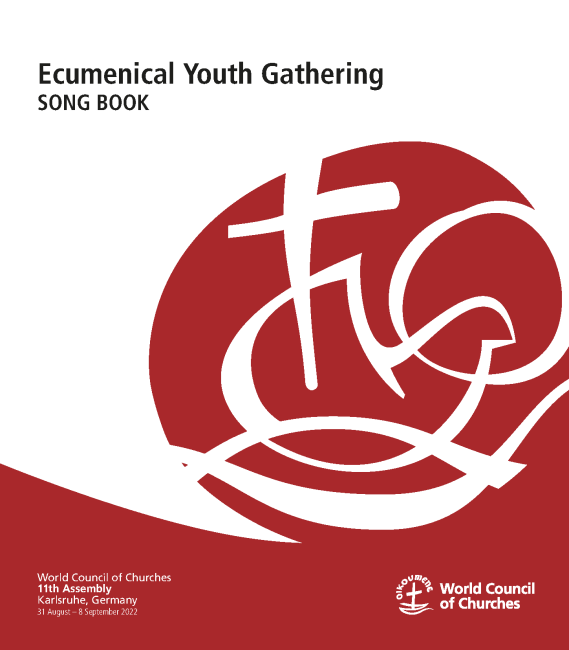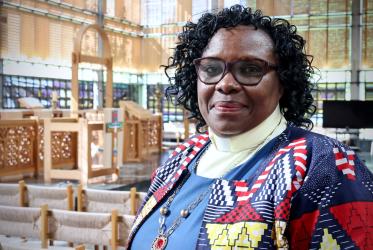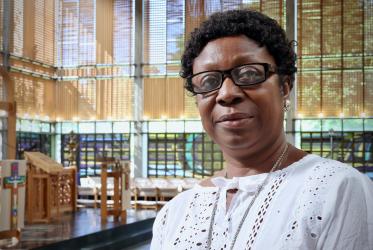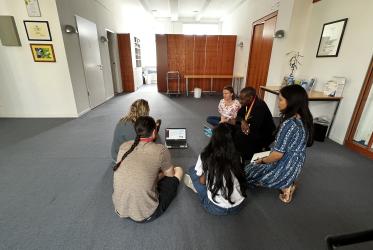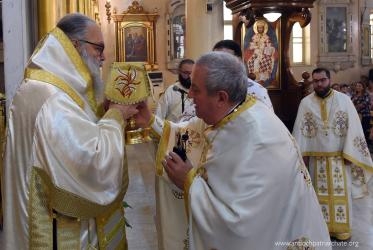Displaying 261 - 280 of 1872
“My hope is in you”—youth in the Holy Land carry the future
17 August 2022
Cooler Earth - Higher Benefits (Third Edition)
Actions by those who care about children, climate, and finance
16 August 2022
Ecumenical Youth Gathering Songbook
14 August 2022
Ecumenical International Youth Day 2022 Event Toolkit
Indigenous Youth and Land Rights Activism
14 August 2022
Rev. Edna Navaya: “We’ll be able to transform the church”
04 August 2022
Water and justice at the WCC 11th Assembly
20 July 2022
